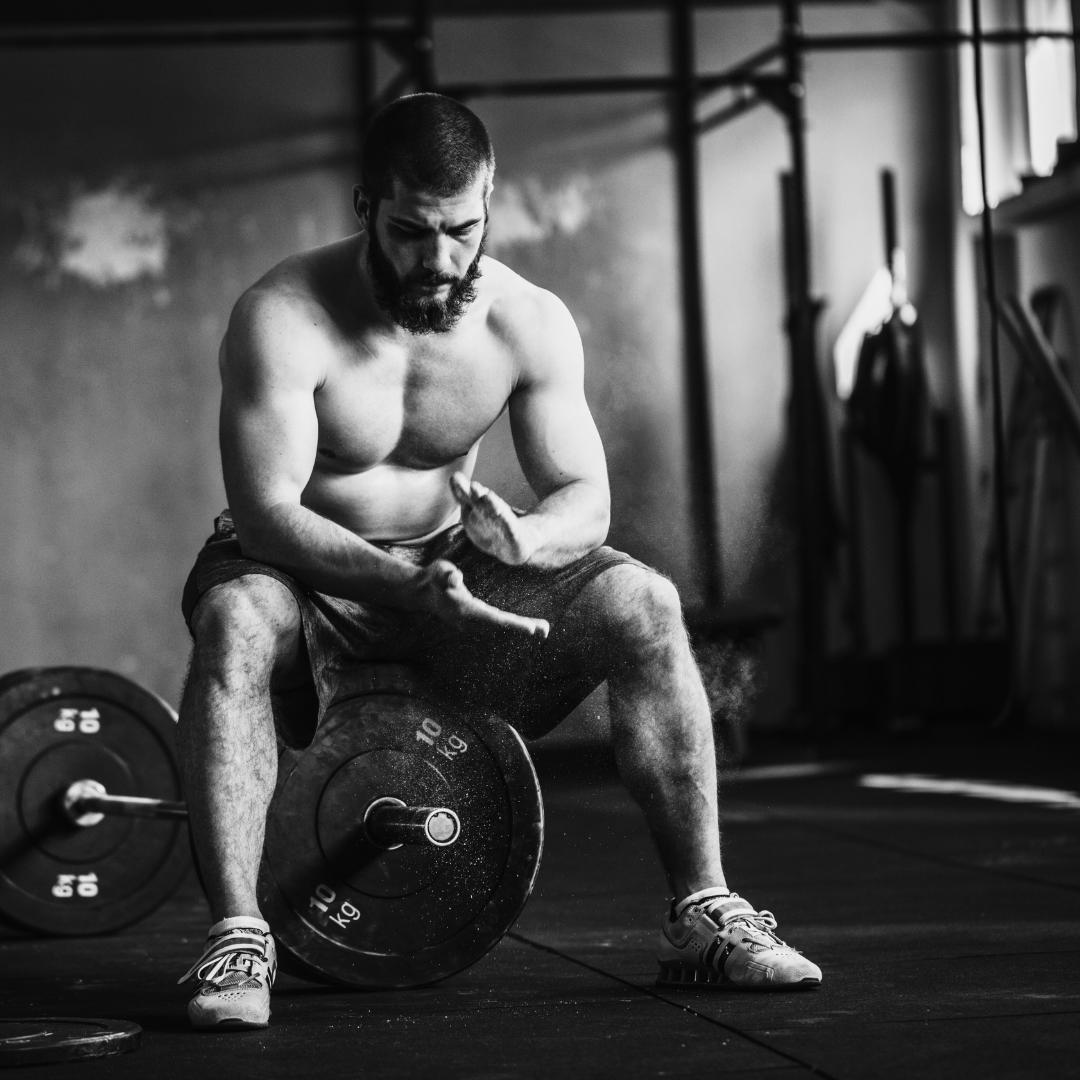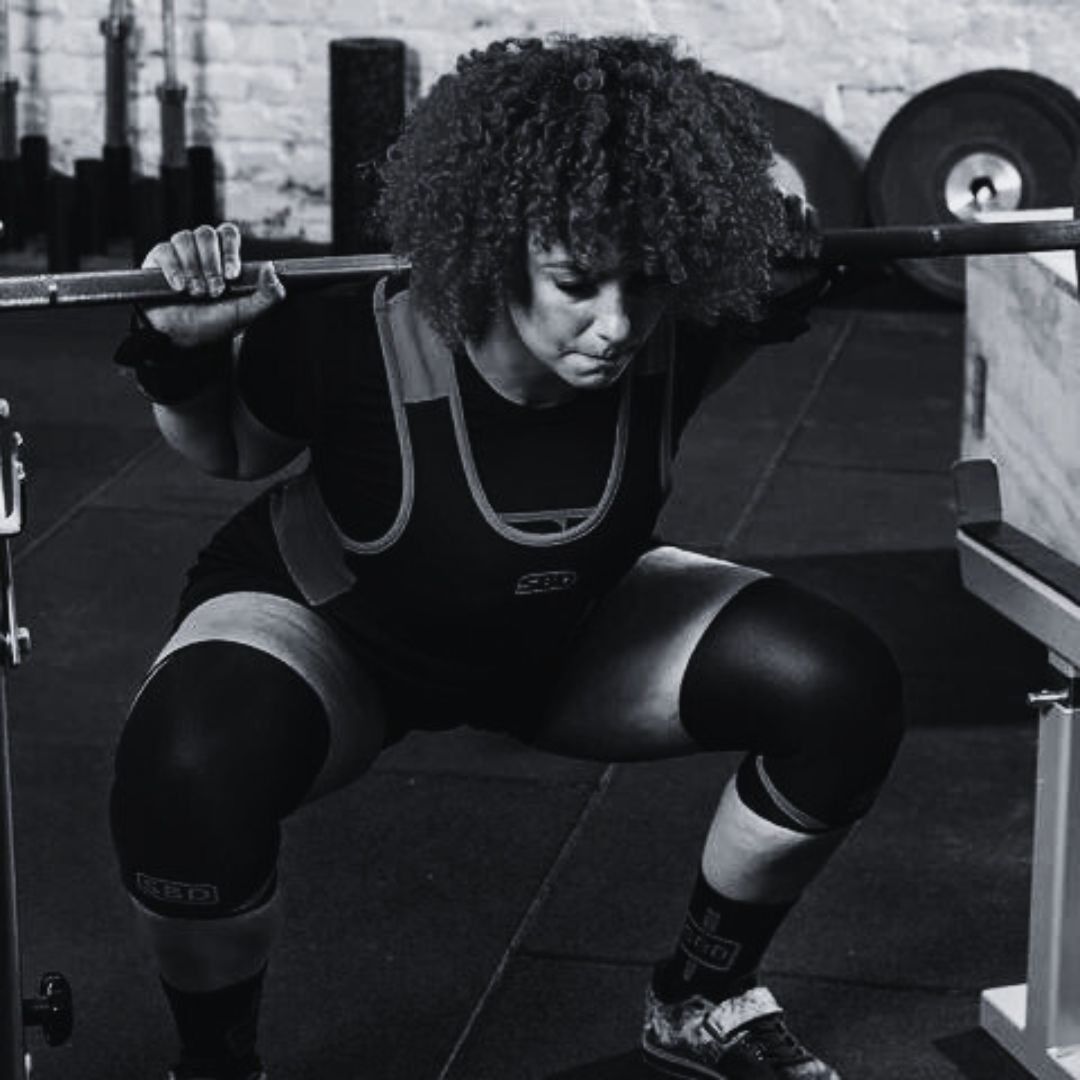The ketogenic diet has gained significant popularity for its potential to aid in weight loss, improve metabolic health, and enhance cognitive function.
Simultaneously, powerlifting enthusiasts seek dietary strategies to fuel their strength training endeavors, aiming for peak performance and muscle growth. But can these two worlds effectively intersect? Should you consider adopting a ketogenic lifestyle while pursuing powerlifting?
What Is A Keto Diet?
A ketogenic diet, often referred to simply as "keto," is a high-fat, low-carbohydrate eating plan designed to shift the body's metabolism into a state called ketosis. Typically, this diet involves drastically reducing carbohydrate intake while increasing fat consumption, with moderate protein intake.
The primary goal of a keto diet is to induce ketosis, a metabolic state where the body primarily relies on fat for fuel instead of carbohydrates. When carbohydrate intake is limited, the body begins breaking down fats into molecules called ketones, which are then used as an alternative energy source. This metabolic switch can lead to various health benefits, including weight loss, improved blood sugar control, and enhanced mental clarity and focus.
A standard ketogenic diet typically consists of around 70-80% of calories from fat, 20-25% from protein, and only 5-10% from carbohydrates. Foods commonly consumed on a keto diet include meats, fish, eggs, high-fat dairy products, nuts, seeds, and non-starchy vegetables. Sugary foods, grains, fruits, and most legumes are restricted or minimized to maintain ketosis.
While the ketogenic diet has gained popularity for its potential benefits, it's essential to approach it with careful consideration and consult with a healthcare professional or nutritionist, especially if you have underlying health conditions or are considering it for athletic performance goals like powerlifting.
Main Benefits of a Keto Diet For a Powerlifter
For powerlifters, adopting a ketogenic diet can offer several potential benefits:
-
Enhanced Fat Utilization: Powerlifting requires significant energy, and a keto diet trains the body to efficiently burn fat for fuel. By relying on ketones derived from fat stores, powerlifters may experience sustained energy levels throughout workouts without the fluctuations often associated with carbohydrate-based diets.
-
Improved Body Composition: The high-fat, moderate-protein nature of the keto diet can support muscle preservation while promoting fat loss. This can lead to favorable changes in body composition, potentially enhancing power-to-weight ratio, which is crucial for powerlifting performance.
-
Stable Blood Sugar Levels: Unlike the fluctuations caused by carb-heavy meals, the ketogenic diet promotes stable blood sugar levels. This can prevent energy crashes and maintain focus during training sessions, allowing powerlifters to perform at their best consistently.
-
Reduced Inflammation: Some studies suggest that a keto diet may have anti-inflammatory effects, which can be beneficial for powerlifters dealing with the stress of heavy training sessions. By minimizing inflammation, recovery times may be shortened, allowing for more frequent and intense workouts.
-
Appetite Control: The high-fat and protein content of a keto diet can promote feelings of satiety and reduce hunger cravings. This can be advantageous for powerlifters aiming to maintain a caloric deficit for weight management or simply control their appetite while adhering to a specific meal plan.
-
Potential Performance Adaptations: While more research is needed, some athletes report adaptation to utilizing ketones as a primary fuel source during exercise. This adaptation may lead to sustained endurance and power output over time, potentially benefiting powerlifters during long training sessions or competitions.
Considerations Before Starting a Keto Diet
It's important to note that individual responses to a ketogenic diet can vary, and some powerlifters may find that their performance is not optimized on this eating plan. Additionally, proper hydration, electrolyte balance, and micronutrient intake should be carefully monitored to avoid potential side effects or deficiencies while following a keto diet. As with any significant dietary change, consulting with a qualified nutritionist or healthcare professional is recommended to ensure that the diet aligns with individual goals and needs.
Before starting a ketogenic diet, there are several important considerations to keep in mind:
-
Consultation with a Healthcare Professional: Before making significant changes to your diet, especially one as restrictive as keto, it's essential to consult with a healthcare professional or registered dietitian. They can assess your current health status, medical history, and individual needs to determine if a ketogenic diet is safe and appropriate for you.
-
Understanding Potential Side Effects: Transitioning to a ketogenic diet can lead to a range of side effects, often referred to as the "keto flu." These may include fatigue, headaches, nausea, dizziness, and constipation, especially during the initial adaptation phase. Knowing what to expect can help you manage these symptoms and make adjustments as needed.
-
Electrolyte and Fluid Balance: The ketogenic diet can affect electrolyte levels, particularly sodium, potassium, and magnesium. It's crucial to prioritize adequate hydration and consider supplementing with electrolytes, especially in the early stages of the diet, to prevent imbalances and alleviate symptoms like muscle cramps and fatigue.
-
Meal Planning and Food Choices: Adopting a ketogenic diet requires careful meal planning and adherence to specific food choices. You'll need to focus on high-fat foods like meats, fish, eggs, nuts, seeds, avocados, and healthy oils, while minimizing carbohydrates from grains, fruits, starchy vegetables, and sugar-laden foods. Planning ahead and being mindful of food choices can help ensure nutritional adequacy while following the diet.
-
Monitoring Macronutrient Intake: To achieve and maintain ketosis, it's essential to closely monitor your macronutrient intake, particularly fat and carbohydrate consumption. Tracking your daily intake using apps or food journals can help you stay within the recommended macronutrient ranges for the ketogenic diet.
-
Potential Impact on Exercise Performance: While some individuals may experience improved exercise performance on a ketogenic diet, others may notice a temporary decline, especially during the initial adaptation phase. Powerlifters should be prepared for potential changes in energy levels, strength, and endurance as their bodies adjust to utilizing fat for fuel instead of carbohydrates.
-
Long-Term Sustainability and Flexibility: Consider whether the ketogenic diet is a sustainable and enjoyable eating plan for you in the long term. Some individuals find it challenging to adhere to the strict carbohydrate restrictions indefinitely, while others thrive on the lifestyle. Additionally, think about how the diet aligns with your social life, preferences, and overall well-being.
By carefully considering these factors and seeking guidance from healthcare professionals, you can make an informed decision about whether the ketogenic diet is the right choice for you and your powerlifting goals.
Looking for Powerlifting Gear in Ireland?
Now that you're informed of the main considerations for powerlifters before starting a keto diet, when it comes to powerlifting gear, there's one name that stands above the rest: SBD.
Below are a list of gear we recommend for the beginner powerlifter or the seasoned lifter looking to upgrade.
1. Lifting Belt
Recommended lifting belt
SBD's 13mm lever belt stands out for its quality construction and innovative design. Featuring a patented gliding lever, this belt offers the adjustability of a prong belt combined with the ease and tightness of a lever belt. The sturdy 13mm thickness provides unparalleled support for your lower back during heavy lifts, ensuring optimal stability and reducing the risk of injury.
2. Knee Sleeves
Recommended Knee Sleeves
Made from high-grade 7mm neoprene, SBD Knee Sleeves are engineered to minimize the risk of knee injuries while maximizing performance. Trusted by strength athletes around the globe, these knee sleeves offer superior support and compression, making them ideal for heavy training sessions. Whether you're squatting, lunging, or performing any other leg exercise, SBD Knee Sleeves provide the stability and warmth your knees need to perform at their best.
3. Lifting Straps
Recommended Lifting Straps
SBD Figure 8 Lifting Straps are a game-changer for lifters looking to push their limits without worrying about grip strength. Featuring a patent-pending design with strong aramid fibre, these lifting straps reduce strain on the biceps and forearms while providing a secure grip on the barbell.
4. Elbow Sleeves
Recommended Elbow Sleeves
For optimal elbow support and compression without sacrificing range of motion, look no further than SBD Elbow Sleeves. This design ensures maximal support for the elbow joint while allowing for natural movement during pressing exercises. Made with premium materials, these elbow sleeves provide the protection and comfort you need to train with confidence and intensity.








